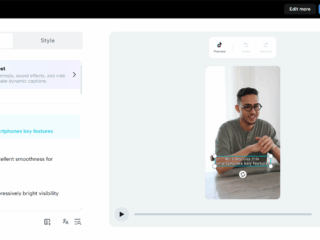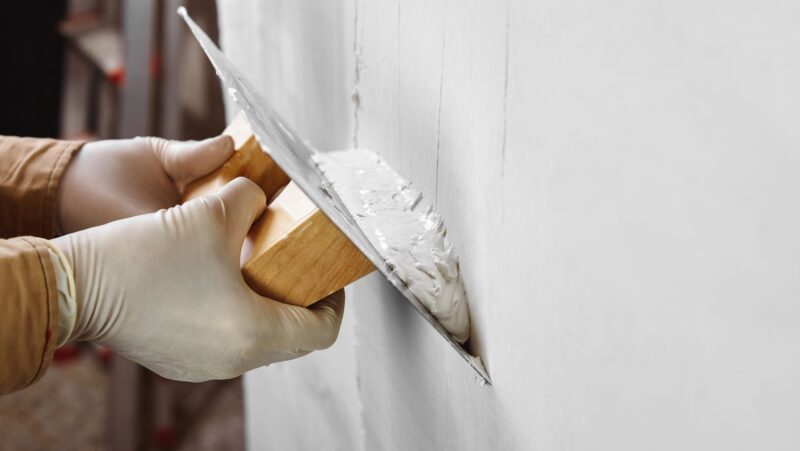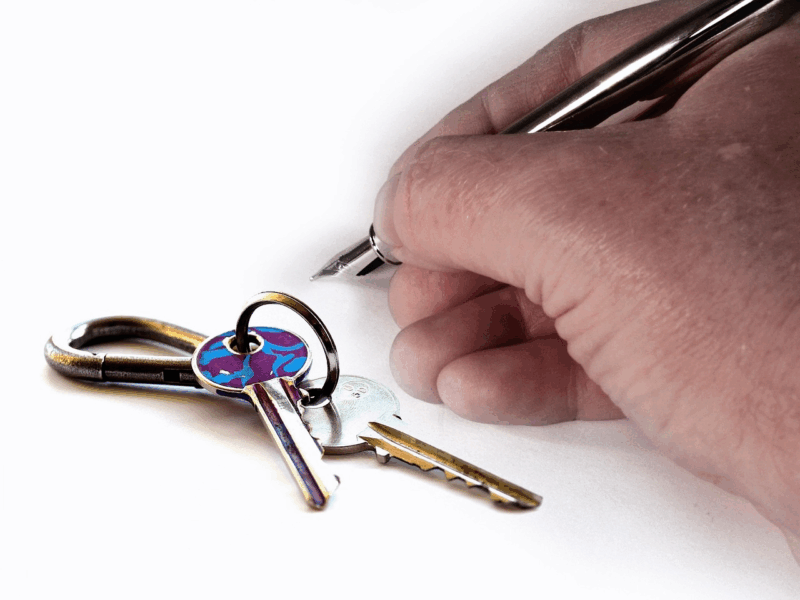
Maintaining a driveway is essential for preserving your home’s curb appeal, safety, and property value. Over time, driveways can suffer wear and tear from weather changes, vehicle weight, and daily usage. But how can you tell if it’s time to repair or fully replace your driveway? Let’s explore the common signs of damage, repair options, and the benefits of different materials.
Signs Your Driveway Needs Attention
Driveways can deteriorate due to exposure to extreme temperatures, moisture, and heavy traffic. Here are some common signs that your driveway may need repair or replacement:
- Cracks and Potholes: Small cracks are typical with aging driveways, but when they expand or multiply, they can lead to potholes. These not only affect the appearance but can also damage your car’s tires and suspension.
- Uneven Surfaces: If your driveway surface is uneven, it could be a sign of sinking or soil erosion beneath. This can cause pooling water, leading to even more damage over time.
- Drainage Problems: Proper drainage is crucial to avoid water pooling on the driveway, which can weaken the surface material and create cracks.
When you see these signs, it’s time to assess the damage and consider your options. For professional solutions tailored to your needs, explore trusted Calgary driveway repairs services.
Assessing the Level of Damage
Not all driveway issues require a full replacement. Minor cracks and isolated potholes can often be repaired. To determine if your driveway needs repair or replacement, evaluate the extent of damage.
- Minor Damage: Small cracks or a few potholes are generally repairable. Crack fillers and asphalt patches can restore the surface without a costly overhaul.
- Severe Damage: If there are numerous cracks, large potholes, or drainage issues, you might need to consider resurfacing or replacing the driveway. Repairing major structural issues without addressing underlying problems may lead to further damage.
A thorough inspection will help you decide if a full replacement is necessary.
Paving: A Fresh Solution for Damaged Driveways
If your driveway damage is extensive, paving can be an excellent solution. Asphalt paving provides a smooth, durable surface that can withstand heavy traffic and last for many years when maintained properly.
Benefits of Asphalt Paving:
- Long-Lasting: Asphalt is a resilient material that can last up to 20 years with proper maintenance.
- Smooth Finish: A freshly paved driveway has a clean, even appearance, which enhances curb appeal.
- Versatility: Asphalt can be customized with a variety of finishes, allowing for flexibility in design.
If you’re considering a fresh start for your driveway, asphalt paving offers a cost-effective solution that’s both functional and attractive. For homeowners in Calgary, check out Infinity Asphalt for Calgary paving to get an estimate for your driveway.
Interlocking: A Durable and Attractive Option
For homeowners seeking a more decorative option, interlocking pavers offer a durable and visually appealing alternative.

Interlocking pavers are stones fitted together to form a strong and flexible surface that withstands heavy loads and harsh weather.
Benefits of Interlocking Pavers:
- Durability: Interlocking pavers are resistant to cracks and other damage due to their flexible design. They move slightly under pressure, which prevents cracks from forming.
- Aesthetic Appeal: With a wide variety of colors, shapes, and patterns, interlocking pavers can add a unique touch to your home’s exterior.
- Low Maintenance: Individual pavers can be replaced if damaged, making maintenance easier than with continuous surfaces like asphalt.
For those in Ottawa interested in interlocking, look into interlocking Ottawa for local services that offer this durable and attractive paving option.
Cost Considerations for Repairing vs. Replacing
The cost of driveway repairs or replacement varies widely, depending on the extent of damage, materials used, and the area of your driveway. Here’s a general breakdown:
- Repair Costs: Minor repairs, such as filling cracks or fixing small potholes, are affordable, usually ranging from $100 to $300. If the damage isn’t severe, these can extend the life of your driveway for a few years.
- Resurfacing: If the driveway has larger areas of damage but the base is still solid, resurfacing might be a good option. Depending on the size of your driveway, this can cost between $1,000 and $3,000.
- Replacement: Full replacement is the most expensive option, costing upwards of $4,000, depending on the size and material. However, it can also be the most durable solution for heavily damaged driveways.
Investing in a complete replacement can save you from repeated repairs in the long term, especially if your driveway is structurally compromised.
Environmental and Curb Appeal Benefits of Replacement
A new driveway isn’t just practical; it can also improve your home’s environmental impact and curb appeal. Eco-friendly materials, such as permeable pavers, allow water to drain into the ground, reducing runoff and helping the environment.
A well-designed driveway can also boost your home’s visual appeal, making a strong first impression on visitors and potential buyers alike. Plus, with materials like interlocking pavers or colored asphalt, you can create a unique look that enhances your property’s aesthetic.
Conclusion
Whether you’re dealing with cracks, potholes, or drainage issues, understanding your options for repairing or replacing your driveway is essential.

By evaluating the damage level, considering material options like asphalt and interlocking pavers, and factoring in costs, you can make a well-informed decision. Investing in a well-maintained driveway not only improves curb appeal but also enhances safety and property value. So, take a closer look at your driveway and consider whether it’s time for a repair or a complete refresh.












